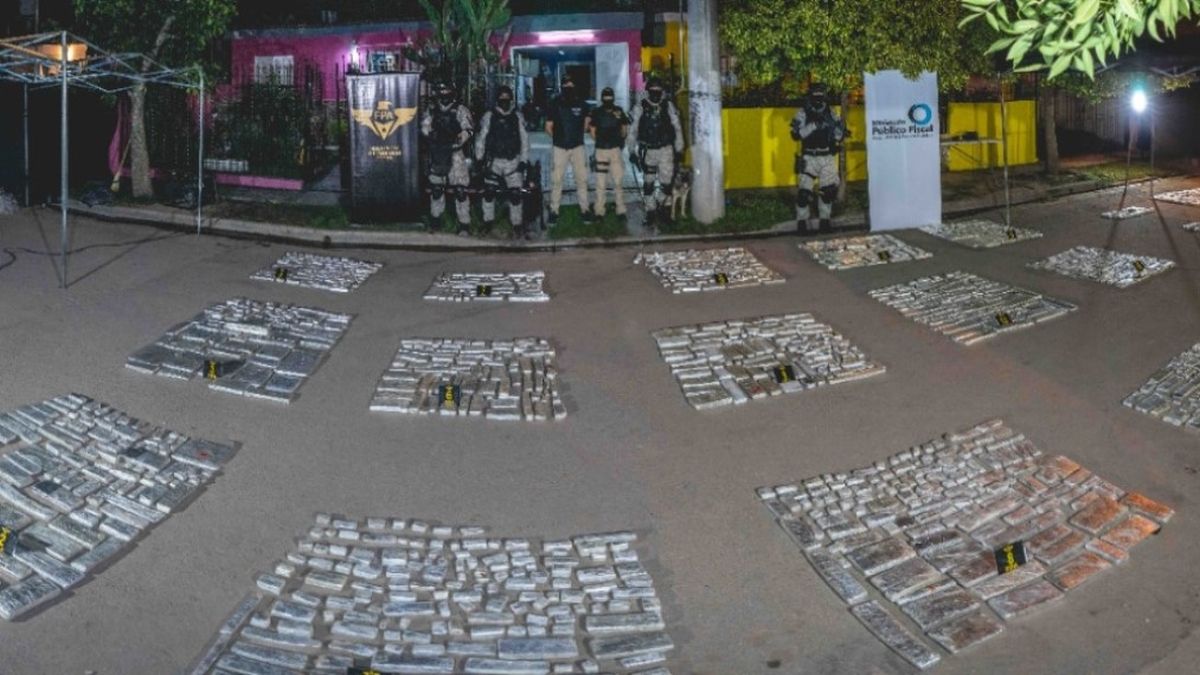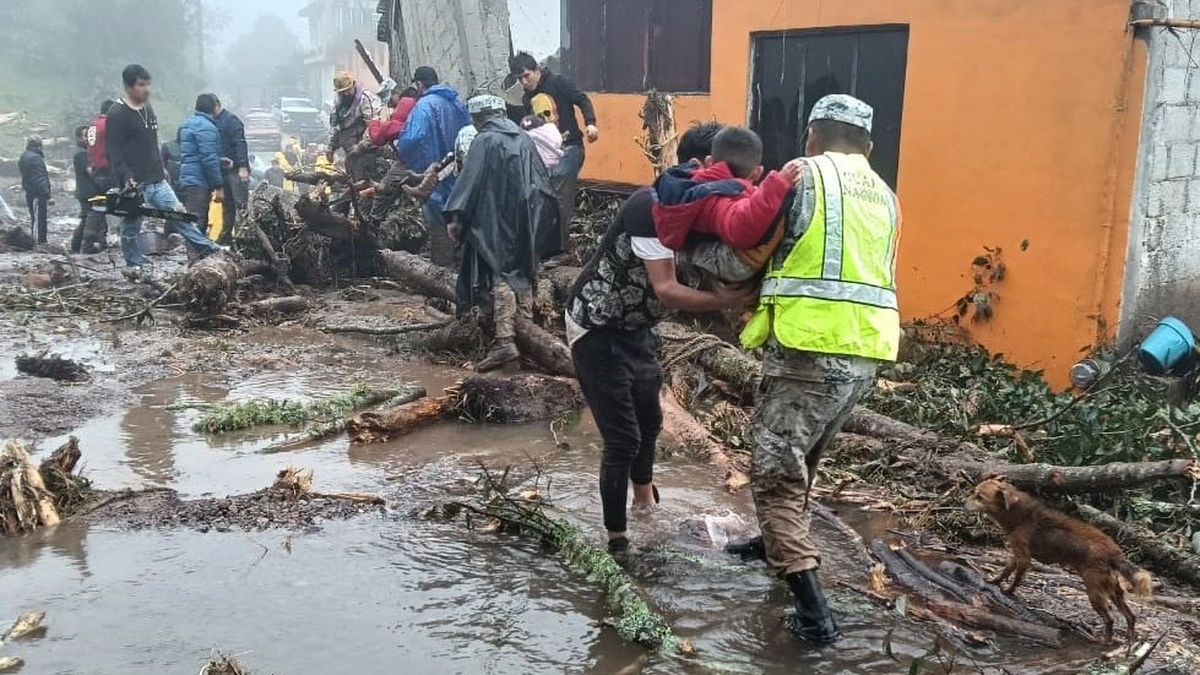Drug trafficking advances as a parallel power in Argentina. It degrades institutions, economy and culture while the State loses territorial sovereignty.
Drug trafficking has become one of the main factors of social, economic and cultural degradation in contemporary Argentina. It is not just a police problem or a border issue: it is a network that penetrates the fabrics of daily life, taking advantage of the fragility of institutions, economic gaps and the hopelessness of broad social sectors. While the country discusses its macroeconomic course, in silence, a parallel power advances on the margins of the State and the territory.
The content you want to access is exclusive to subscribers.
The northern and coastal borders are today critical areas, with unprotected crossings, scarce controls and endemic corruption that facilitates the entry of foreign organizations. Argentina, historically unrelated to the mass production of drugs, has become a logistics corridor for regional cartels that found fertile ground here: state weakness, growing inequality and youth without job or educational horizons. That combination is explosive. Where work is scarce, drug trafficking offers income. Where education fails, drug trafficking offers belonging. Where the State is absent, the drug trafficker imposes its law.


The social impact is devastating. Entire neighborhoods are subject to the domination of organizations that replace public authority with a system of fear, favors and silence. In these territories, drug trafficking not only corrupts, but redefines values: easy money replaces effort, armed power replaces dialogue, violence replaces the law. The loss of moral and educational authority is profound, and its consequences are projected on generations that grow up naturalizing crime and inequality.
On the economic level, drug trafficking distorts local markets, infiltrates money laundering circuits and creates a parallel economy that erodes the bases of legitimate production. Every peso that circulates in the shadows is a blow to industry, commerce and formal work. The culture of quick and effortless money is directly opposed to the work ethic that founded the Argentine middle class. It is a slow but relentless corrosion of the sense of worth and community.
Culturally, drug trafficking imposes an imaginary of power associated with ostentation and violence. From music to social networks, the model of the “successful drug dealer” seduces those who feel expelled from a system that no longer offers them mobility or recognition. It is a symptom of a society that has lost ethical references and that, by degrading education and employment, leaves room for the idolatry of money without limit or origin.
We are facing a time bomb. The expansion of drug trafficking coincides with educational deterioration, youth unemployment and the crisis of state authority. And if it is not faced with a comprehensive strategy that combines border security, intelligence, international cooperation, educational investment and job opportunities, the country may enter a spiral of violence that is difficult to reverse. It is not about militarizing neighborhoods, but about rebuilding the State where it was expelled: in school, in the factory, in the club, in culture.
Argentina still has time to defuse that bomb. But to do so, it must assume that drug trafficking is not someone else’s problem: it is the most brutal mirror of our own failures as a nation. In a world where narcoterrorism is already projected as a global threat, the challenge is to recover sovereignty over the territory, over the law and over the very meaning of coexistence. Because when education collapses and work evaporates, violence finds its place. And at that point, it’s no longer just about safety: it’s about survival.
Former deputy in the legislature of the City of Buenos Aires on two occasions and president of the Argentine Society of Writers (SADE), he currently presides over the Cities in Action Party.
Source: Ambito
David William is a talented author who has made a name for himself in the world of writing. He is a professional author who writes on a wide range of topics, from general interest to opinion news. David is currently working as a writer at 24 hours worlds where he brings his unique perspective and in-depth research to his articles, making them both informative and engaging.




